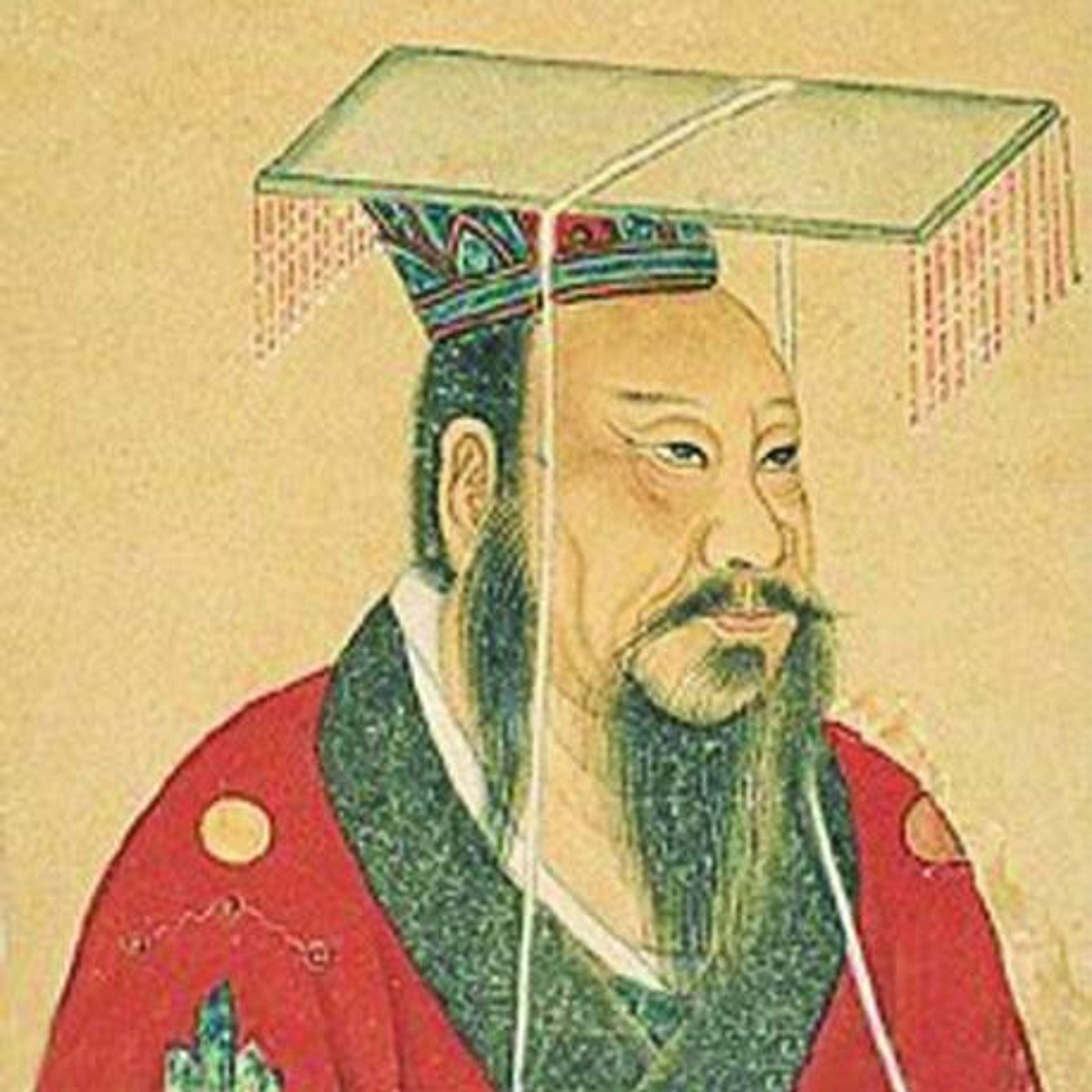
Professor Jeffrey Riegel - Confucius and the First Emperor
Sydney Ideas
Shownotes Transcript
Confucius (traditional dates 551-479 BCE) lived during the waning years of the Zhou dynasty. He was deeply troubled by the disorder of his age and took it upon himself to teach others about Zhou virtues as well as to instruct them on how to cultivate such virtue in themselves. Confucius’s efforts mark the beginning of the traditional Chinese emphasis on education and the crucial role of self-improvement and self-cultivation in any ethical system. Some of his followers refined his teachings on the importance of education while philosophers from competing schools of thought rejected Confucian ideas as outmoded and ineffective.
First Emperor of Qin (239-210 BCE) assumed the throne as king at a young age and was aided and tutored by a brilliant minister named Lü Buwei. The young king eventually outgrew his minister and aggressively took over the reins of government himself. He conquered his enemies and created an empire in 221 BCE. The First Emperor appointed as his chief minister an accomplished legalist thinker named Li Si. Together they created a philosophy for empire based on the primacy of law, the high (and almost god-like) status of the emperor, and a system of universal standards that embraced everything from thought to weights and measures. These features of his rule continue as hallmarks of Chinese governance to this day.
SPEAKER: Professor Jeffrey Riegel, Professor and Head of School of Languages and Cultures, Faculty of Arts